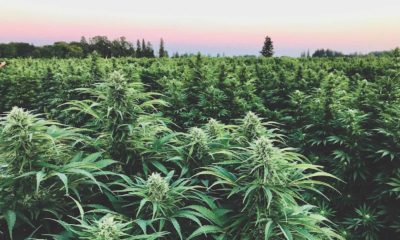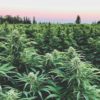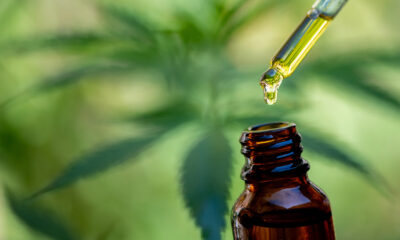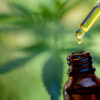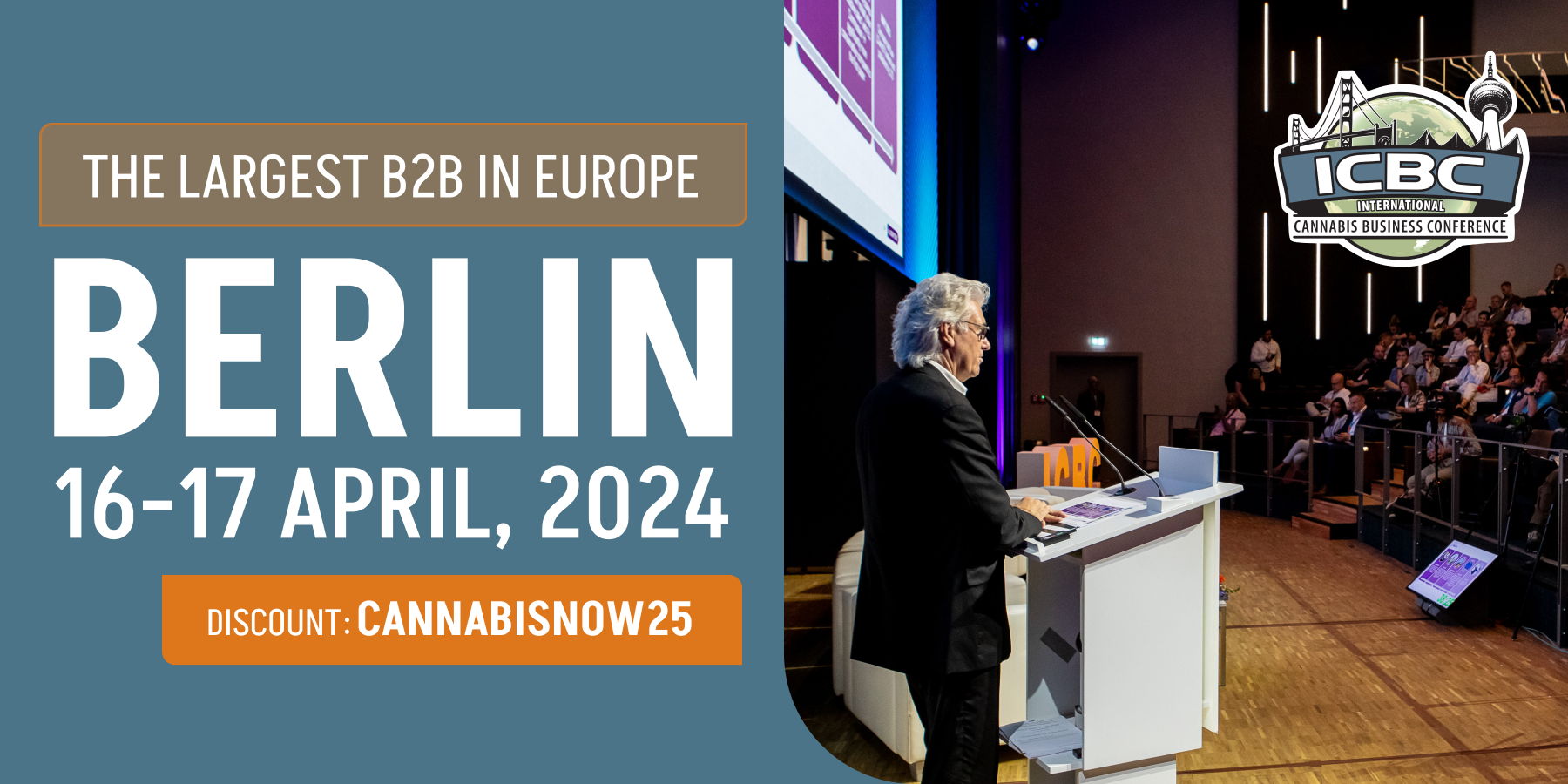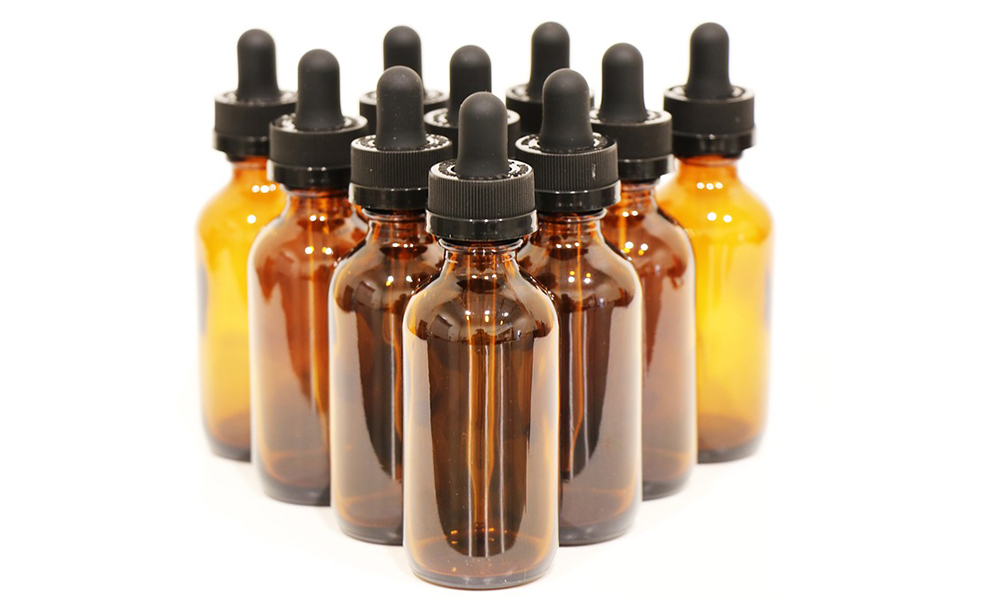
Politics
The FDA Could Decide Today If CBD in Your Food Is Legal (But Probably Won’t)
The CBD craze hinges on action from the Food and Drug Administration, which is likely to punt to Congress.
Later today, more than 140 people are scheduled to tell the federal Food and Drug Administration all about CBD.
And in return, many, many more people across the country are hoping that the FDA will declare the non-intoxicating cannabis compound associated with healing and wellness benefits is OK — OK to add to food and drinks, and thus OK to include in their pitch decks and business plans.
Will they? Won’t they? Nobody knows, but this is a major milestone in the Great CBD Craze, and has the potential to either halt or — more likely — inflame further the United States’s obsession with cannabidiol.
One of the more than 100 active cannabinoids in the cannabis plant, CBD was big and getting bigger before Donald Trump signed the 2018 Farm Bill into law and legalized hemp cultivation outright. (Hemp and marijuana are both the plant cannabis sativa; hemp is defined as having less than 0.3 percent THC.)
In the months since, a horde of entrepreneurs — including Gwyneth Paltrow and her brand Goop, legacy cosmetics brands including drugstore empire CVS and local bookstores — have offered a horde CBD-infused products, some of which are being marketed with eyebrow-raising promises of guaranteed wellness benefits, of the kind once associated with patent medicines.
They are doing this despite the FDA declaring CBD-infused food products outright illegal — which did not stop Carl’s Jr. from selling CBD-infused hamburgers in Colorado — and despite some less scrupulous hucksters receiving official warnings to stop promising people CBD will cure their cancer.
The main reason why CBD is so popular and why so many people are so eager to tell the FDA to let them sell it is obvious. It’s money. As Bloomberg reported earlier this week, demand for CBD is expected to balloon to as large as $15 billion within five years. Not to be outdone, Brightfield Group, another cannabis research firm, put out a report that the CBD market will be $22 billion strong by 2022.
What will happen after today, after all the talking and the listening? According to Bloomberg, one likely outcome is a CBD ceiling.
As the outlet pointed out, former FDA Commissioner Scott Gottlieb worried openly if CBD added to numerous consumer products would not thwart the FDA’s normal “drug approval process” and compel drug companies and commercial entities to not bother paying for clinical trials to figure out what CBD does.
“The FDA will likely cap CBD dosages for consumer products and let pharmaceutical companies have dominion over very high CBD products, like pills or other prescription-only products.”
Thus, opined Robert DiPisa, a New Jersey-based attorney who chairs the cannabis law group at firm Cole Schotz, the FDA will likely cap CBD dosages for consumer products and let pharmaceutical companies have dominion over very high CBD products, like pills or other prescription-only products.
If that happens, what’s to stop someone from eating twenty 10-milligram CBD brownies to achieve the same non-high? Nothing, except the arduous task of eating that many brownies.
Other producers, like Canopy Growth Corporation, which earlier this year announced plans to open up a massive hemp farm in New York State for the purpose of extracting CBD, are simply hoping for some basic CBD regulations, such as mandated and verified testing or product standards.
Keep in mind that, currently, there is nothing stopping any company from throwing any hemp from any source into anything and declaring the product “CBD rich!” and thus healthy. When you consider that hemp is an effective phytoremediator — hemp was planted around the nuclear power plant at Chernobyl in Ukraine to remove some of the radioactive contamination from the soil — that seems more than reasonable.
Will the FDA deliver all this today? Almost certainly not. The FDA is scheduled to take public comment on CBD regulations through July 2, according to CNBC, and hasn’t shown much desire to rush through regulations so far despite the madness in the market.
It appears more than likely that Congress will have to pass a CBD law, perhaps one that also clarifies that interstate trade in hemp is lawful.
And not everyone is happy with CBD. As the Natural Products Association told CNBC, some 1,500 CBD-related products have entered the market over the past three years — some of them with CBD levels far different from what was advertised, others also containing THC.
TELL US, do you buy the CBD hype?





